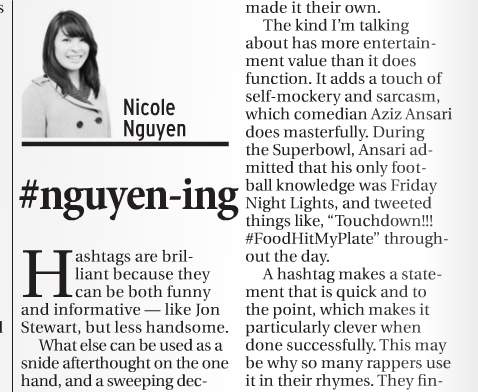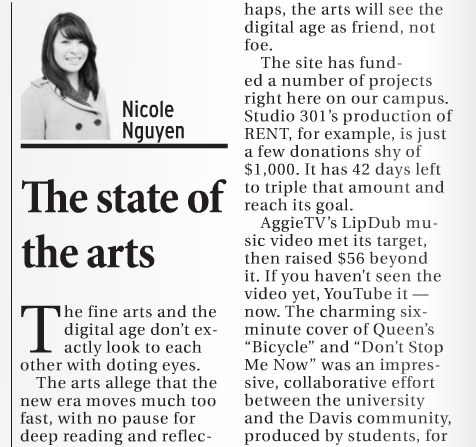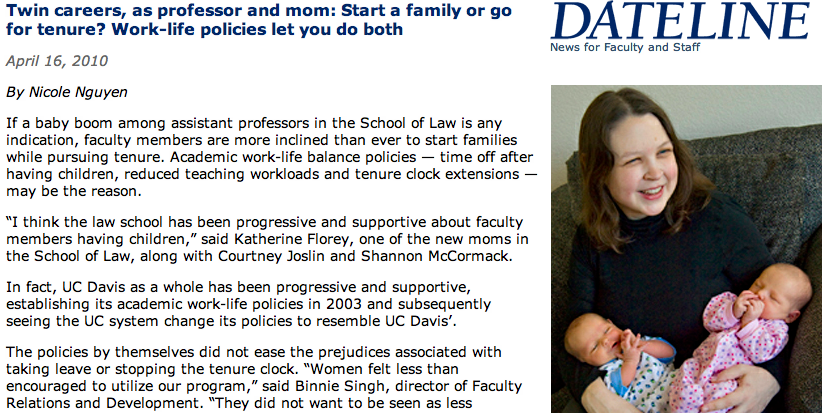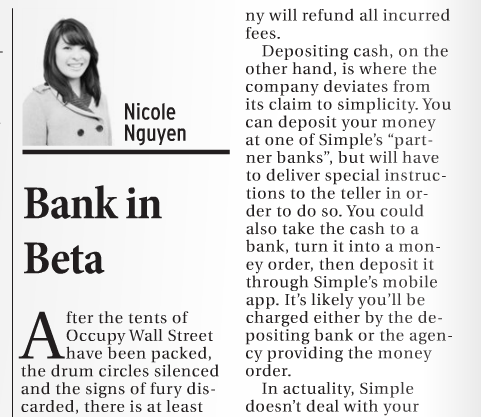Appeared in The California Aggie on February 27, 2012
Hashtags are brilliant because they can be both funny and informative — like Jon Stewart, but less handsome.
What else can be used as a snide afterthought on the one hand, and a sweeping declaration of revolution on the other? No other markup in social media parlance is as versatile or as widely adopted. In fact, the hashtag has become so culturally embedded that it has shaped its own genre of rap. Yes, geekery and hip hop, together, at last.
Hashtags found their home on Twitter, which I think is no coincidence. Constraints force people to be creative and resourceful. Limiting messages to 140 characters is no exception.
These short messages are strewn about in the Twitterverse with little direction as to where or to which topic they belong. So the Twitterati devised shorthand to thread related tweets together, a pound symbol and a string of letters placed after the message. #likethis
And what to make of the ensuing phenomenon?
I think the rise of the hashtag has a lot to do with us — the millenials, those of us born between the late seventies and the early nineties. The idea of grouping conversations is born directly from our generation’s inclination to create community with strangers online.
A fateful July 13 blog post titled, “#OccupyWallStreet” moved the masses in New York and elsewhere. Overseas, #Jan25 organized the revolution that shook the Middle East. More recently, the #SuperBowl set the record for tweets per second, turning the most-watched TV special of the year into a two screen experience. These days, hashtags are a standard vehicle for commentary and assembly.
And while revolutions were being built, some of those same millenials — in the entrepreneurial spirit that most defines them — took the hashtag … and made it their own.
The kind I’m talking about has more entertainment value than it does function. It adds a touch of self-mockery and sarcasm, which comedian Aziz Ansari does masterfully. During the Superbowl, Ansari admitted that his only football knowledge was Friday Night Lights, and tweeted things like, “Touchdown!!! #FoodHitMyPlate” throughout the day.
A hashtag makes a statement that is quick and to the point, which makes it particularly clever when done successfully. This may be why so many rappers use it in their rhymes. They finish their lyrics with a one-word punchline, just like a hashtag. Thus, hashtag rap. Drake is infamous in the ‘genre’, most notably for this line: “Swimming in the money, come and find me #Nemo/If I was at the club, you know I ball’d #Chemo.”
But what do revolutions and football and rap have to do with the future of the internet?
A lot, actually. There are developments that are threatening the livelihood of hashtags and, well, creativity in general. Social media platforms are adding rigidity to the way users generate content, partnering up with this company or that company so that we can only share something one particular way. I fear this will make user content driven sites more generic than ever. These platforms already give us templates for our messages and filters for our photos, leaving us as little editorial judgement as possible.
Google+ is even rolling out hashtag autocomplete for their posts, which adds some element of organization, but also stunts originality. Disorder and spontaneity free users to think outside the box. Twitter is one part structure and two parts attention deficit disorder, which is exactly why creativity thrives there. Twitter is successful because it works just like the universe — as an organized chaos.
The prevalence of hashtags in media and in culture are just a testament to the imaginative spirit that brought us the internet in the first place. If only social media would, like Twitter, find a way to preserve and encourage this kind of ingenuity, instead of manufacturing it for us.
Tell NICOLE NGUYEN why you are #winning this week at niknguyen@ucdavis.edu.



